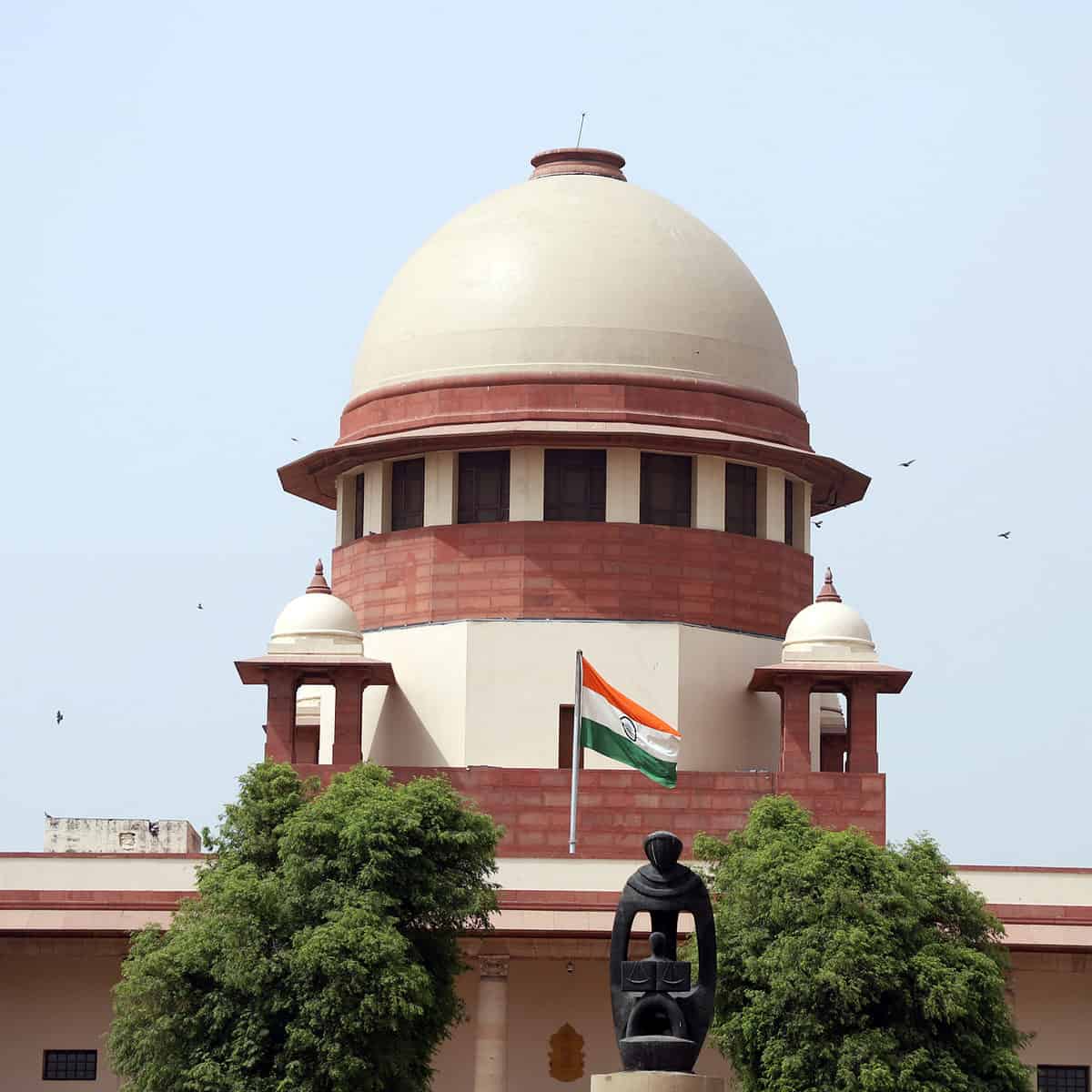
New Delhi: The Supreme Court on Tuesday referred to Sanskrit, Tamil, Hindi and English texts to emphasise the importance of “sweet speech” while delivering its judgement on the issue of freedom of speech and expression of public functionaries.
A five-judge Constitution bench headed by Justice S A Nazeer was unanimous on the larger question with regard to putting additional curbs on freedom of speech and expression of high political functionaries.
The contentious constitutional issue had cropped up following the purported statement of then Uttar Pradesh minister Azam Khan with regard to the sensational alleged gang-rape of mother-daughter duo on a highway near Bulandshahr in July 2016. Khan had termed the ghastly offence as a “political conspiracy”.
The top court referred to Tamil poet and philosopher Tiruvalluvar of the Tamil Sangam age in his classic “Tirukkural” who said the scar left behind by a burn injury may heal, but not the one left behind by an offensive speech.
It also pointed to a Sanskrit text which contains a piece of advice on what to speak and how to speak.
“The meaning of this verse is: ‘Speak what is true; speak what is pleasing; Do not speak what is unpleasant, even if it is true; And do not say what is pleasing, but untrue; this is the eternal law,” it said.
Pointing to the “Book of Proverbs”, it quoted, “Pleasant words are a honeycomb, sweet to the soul and healing to the bones.”
“Though religious texts of all faiths and ancient literature of all languages and geographical locations are full of such moral injunctions emphasising the importance of sweet speech (more than free speech), history shows that humanity has consistently defied those diktats,” the apex court said.



